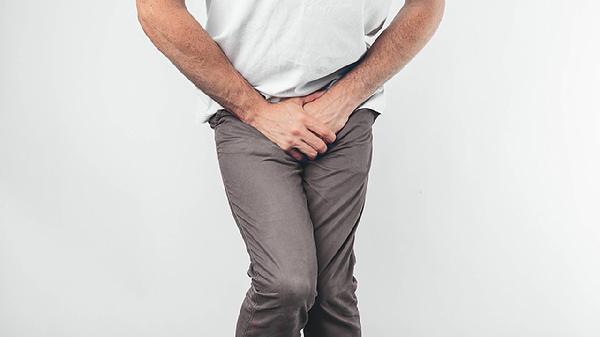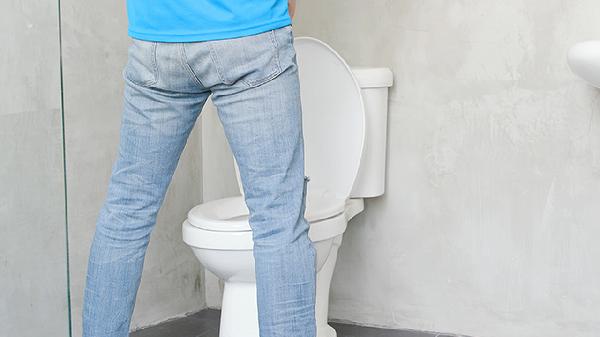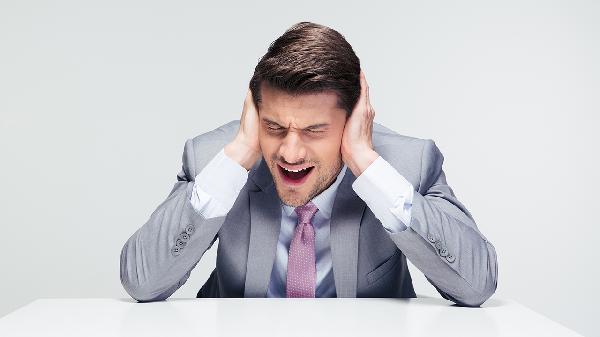For adults, nocturia is considered a medical condition. If nocturia occurs more than twice, it indicates an abnormality that can affect sleep quality, leading to a lack of energy the next day and also signaling various diseases.
What are the causes of frequent nocturia in men?
1、Increased Urine Output Throughout the Day
Increased frequency of urination throughout the day, including both daytime and nighttime, often occurs in uncontrolled diabetes, diabetes insipidus, or primary polydipsia. In uncontrolled diabetes, the body produces more urine to expel excess sugar. Diabetes insipidus is mainly caused by kidney abnormalities, such as chronic kidney disease, certain medications, and hypercalcemia, leading to increased urine output. Primary polydipsia, caused by psychiatric conditions, results in excessive water intake, naturally increasing urine output.

2、Nocturnal Polyuria
Nocturnal polyuria refers to a significant increase in urine output at night without a change in total daily urine production. Most cases of nocturia are due to nocturnal polyuria, often associated with sleep apnea syndrome, congestive heart failure, venous insufficiency, liver failure, chronic kidney disease, excessive nighttime fluid intake, or the use of diuretics.
3、Reduced Bladder Capacity
Urine is stored in the bladder, and when bladder capacity is reduced, the mismatch between urine production and storage capacity leads to increased urination frequency. Many conditions can reduce bladder capacity, such as neurogenic bladder, benign prostatic hyperplasia, cystitis, prostate cancer, ureteral stones, bladder stones, urinary dysfunction, and anxiety. Additionally, overactive bladder can decrease capacity, leading to nocturia, urinary incontinence, and frequent urination. Overactivity of the detrusor muscle can also reduce bladder capacity due to urinary obstruction, altering bladder structure and function.
4、Sleep Disorders
If deep sleep is not achieved, normal secretion of antidiuretic hormone is disrupted, and insomnia can increase nocturia. Factors interfering with sleep include primary or secondary sleep disorders, psychiatric disorders, chronic pain, and medications.
Reminder
Adult men experiencing increased nocturia should be vigilant and seek medical examination promptly to avoid delaying treatment. It is advisable to reduce fluid intake before bedtime and avoid emotional disturbances.
























